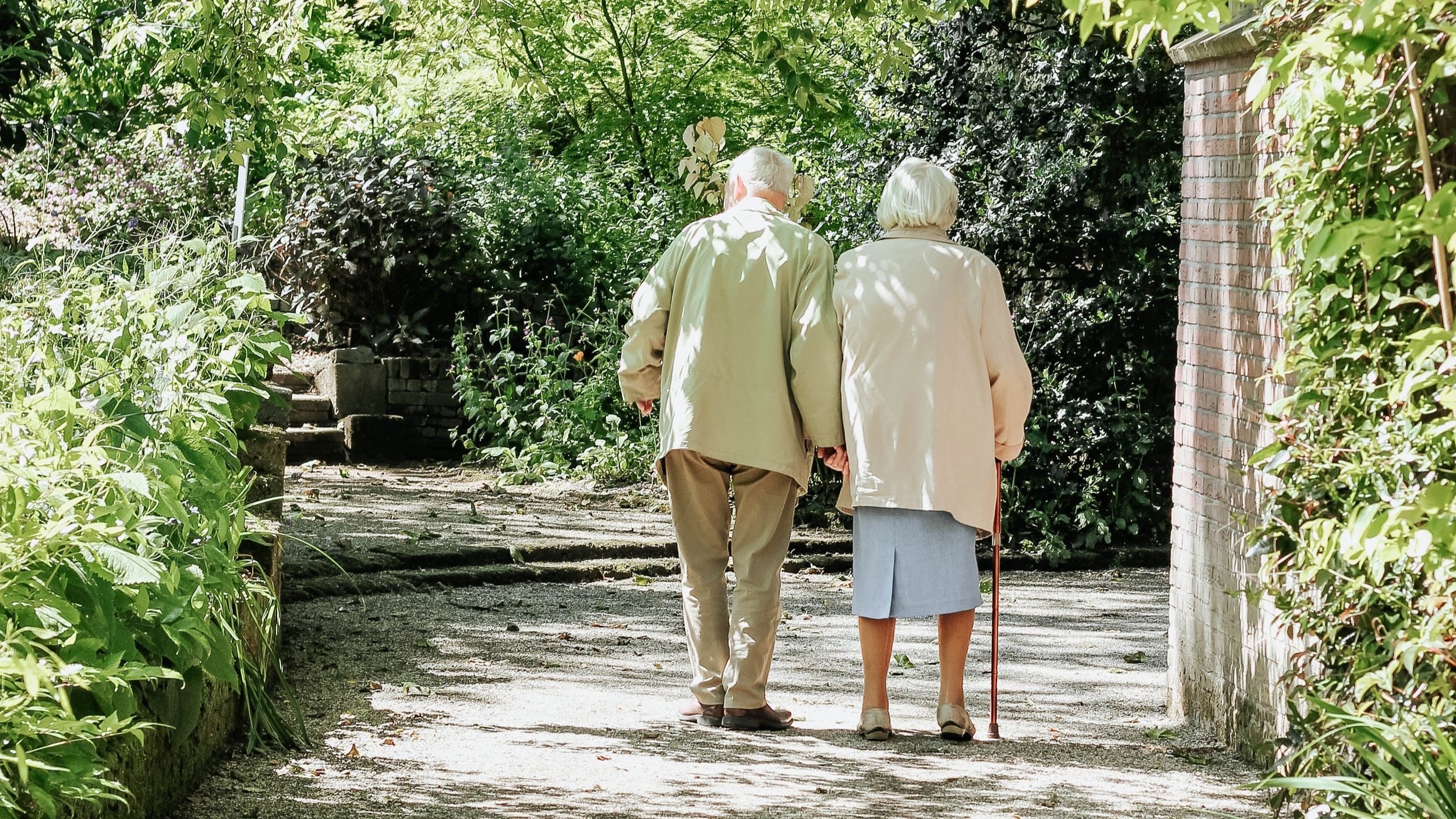
design research, strategy, project management, facilitation, storytelling, modeling complexity
Co-designing a Dementia-Friendly Illinois and Chicago Departments of Public Health
Problem Space
Dementia is a Public Health Disease that is largely unrecognized.
“This (Dementia Care) is something new that we are not really tracking right now, but we should.” —Director of Behavioral Health at Chicago Dept. of Public Health
“Whenever you get a non-communicable disease that is very common in your society; you have to think of it in the scale of a Public Health ecosystem.” —Dr. Raj C. Shah, Geriatrician
How Might We…
Involve the Public Health Department in the Dementia Care Ecosystem?
Understanding context through diverse methods
-

Primary Research
11 in-depth interviews (45-60 min), that were recorded, transcribed and coded, conducted with social workers, public health department officials, physicians - neurologists, geriatricians, family medicine experts, and observed a support group for caregivers
-

Secondary Research
Scientific papers, Reports, Articles, Popular knowledge gathered from trusted sources including Alzheimer’s Association, World Health Organization, Illinois Department of Public Health, Dementia Friends America
-

Co-Design Workshops
2 workshops (90 min) facilitated with participants from interviews and medical students. Participants collaborated to support the transition towards a more dementia-friendly public health department.





We probed experts on the current strengths of the DPH to understand what is done well and gauge impactful intervention areas.
Frequent organizers of awareness campaigns
Influencers of public policy
Public health experts
Data collection efficiency
Frequent strategic plans
Established Partnership with experts
Own physical clinics
Ability to regulate nursing homes
Good at organizing and presenting information
Trusted by the public
Defining the Focus
After analyzing and synthesizing on IDPH opportunity areas and reviewing the 2023 IDPH state plan, we zoned in on the following core area for intervention:
How might public health departments increase public awareness & education around Alzheimer’s & dementia?
Analysis & Synthesis
We ultimately used coding and clustering design exercise to analyze our research, codify patterns, and find themes to identify opportunities.
We designed and facilitated two workshops that engaged a diverse group of stakeholders on the education & awareness topic. The workshop was organized across three distinctive segments that took stakeholders through the design process:
1/ DISCOVER
Acknowledgment and appreciation for the current capabilities of the Department of Public Health (DPH).
2/ DREAM
Ideation of predefined priorities for the DPH in conducting impactful work towards AD&D stakeholders.
3/ DESIGN
Workshop participants voted on top ideas to develop into concepts, leading to a total of four early concepts. Selection of promising ideas and explore them further by identifying opportunities and criteria to bring them to like and make them feasible.
Delivery
The most impactful education and awareness approaches combine both a strategic focus and a tactical collaboration with affected communities.
POTENTIAL ROADMAP: IDEAS TO ACTION
Implementing a concept that’s been designed with (instead of for) the community secures local buy in and a more efficient use of resources.
Based on the education & awareness ideas prioritized, a series of co-design workshops can be facilitated with relevant community stakeholders, such as people living with dementia and their caregivers.
These workshops would lead to the design, testing, and implementation of concepts at a local scale, ensuring greater cultural awareness and sustainability.
Collaborators
Institute of Design team (project leads): Julia Rochlin, Rodrigo Dyer, Alexandria Rengifo
Rush Team (support): Santosh Basapur, Lily Peterson, Xinrui Xu
Sponsor: Dr. Raj C. Shah, Center for Community Health Equity







